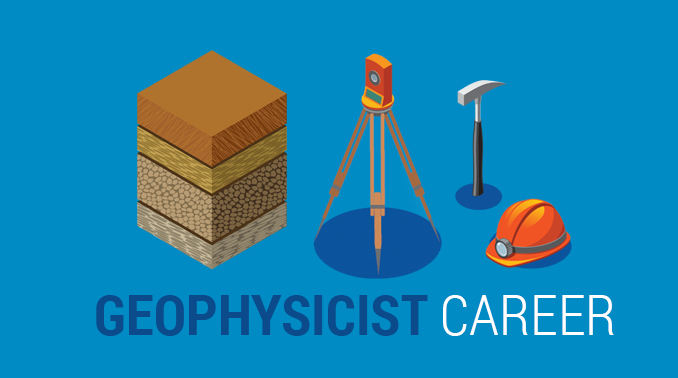All Categories
Featured
Table of Contents
Geophysical Surveys - Mining, Exploration And Geoscience in Bedfordale Oz 2022
Link with MBA programs seeking candidates like you. Study. Connect with master's programs around the country to get an edge over the competitors.

A geophysicist research studies numerous aspects of the earth. According to the U.S. Geological Survey, they study gravity, magnetic, electrical, and seismic activity incidents. Geophysicists likewise document, examine, and take measurements of geographical functions and anomalies. Watch a video to learn what a geophysicist: Geophysicists must earn a minimum of a bachelor's degree; nevertheless, this is for an entry-level position.
If you want study you need to pursue a Ph. D. Undergraduate coursework normally consists of geology, mathematics, ecological science, or physics. Advanced degrees require more specific studies in the specialized of option. Areas can include oceanography, atmospheric physics, climatology, planetary, petroleum, environmental, and mining. Task potential customers are greater if you have a strong background in computer system science or innovation.
Geophysical Survey Services - Geophysical Test Methods in Hillarys Aus 2021
Access to these chances may be restricted depending upon where you live; however, internships or summer programs with geophysical companies, university geophysics department, or the U.S. Geological Study can be choices. You can discover a list of a list of opportunities on the United States Geological Study (USGS) sites' Path Programs tab (opens in another link).
If you have yet to graduate high school, taking as numerous science and mathematics classes as possible would be a plus. Geophysicists likewise work with computers while researching, so computer system courses can also be handy, as mentioned earlier in this short article. Many geophysicists focus on an area of geophysics. Therefore, the job description would change pending on the specialty.
A geophysicist's duties can consist of measuring, tracking, and documenting data from various physical homes on earth. Geophysicists often have to travel worldwide to take a look at geological occasions that have happened or may have been predicted.
Career Guide: Geophysicist in Churchlands WA 2022
For instance, Jay Wellik, a geophysicist, research studies volcanos. His location of competence in geophysics is researching why volcanos emerge and what indications there may be that an eruption might occur. He tracks seismic activity and then follows what takes place in the past, during, and after a volcano emerges. Geophysicists usually work full-time hours; nevertheless, they typically work irregular hours, as pointed out formerly.

You can find extra info about Geophysicists along with additional educational products on the U.S. Geological Study website (links open in a brand-new window). Laura Stern, of the U.S. Geological Survey at the Gas Hydrates Laboratory in Menlo Park, California: We make a variety of different hydrates in the laboratory.
We likewise make carbon dioxide hydrate, ethane hydrate, lp, a number of different structures. Liquid nitrogen is extremely cold. It's about 100 degrees colder than the temperature level at which these hydrate samples would dissociate, when they would disintegrate to ice plus gas on the tabletop. In here we have a little piece of methane hydrate.
Geophysical Surveying - Methods And Applications in Padbury WA 2021
They look like snow, it looks like compressed snow however truthfully, it does consist of gas inside. It's reverting to ice plus gas and then as the ice would melt as it continues to warm, it will end up being water plus gas.
My name is Steve Kirby, I'm a Geophysicist here at the U.S. Geological Study in Menlo Park. I work with Laura Stern who is likewise a Geophysicist in this laboratory that is dedicated towards the examination of planetary ices and gas hydrates. Gas hydrates in nature happen in very remote locations and they are very complicated with the interactions and conditions that they form under and samples that are raised are under some sort of alternation or decomposition.
This is an unusual lab and there are only a handful of them worldwide and we are extremely fortunate to be here at the Geological Survey and to have the opportunity of dealing with them. Bureau of Labor Stats, U.S. Department of Labor, Occupational Outlook Handbook, Geoscientists. National Center for O * Internet Advancement.
Geophysical Surveys Definition & Meaning In Stock ... in Embleton Oz 2022
This video was produced by the federal government for the U.S. Geological Survey. The USGS Gas Hydrates Lab is funded by the Department of Energy and the USGS Gas Hydrates Project.
Latest Posts
What Geophysicists Do in Iluka WA 2023
Geophysical Survey Definition in Casaurina Oz 2021
Geology And Geophysics - Careers And Employment in Manning Aus 2022